How AI Chatbots Are Transforming Businesses
Today when you contact a company because you have got a problem, the whole process of addressing your issue is very slow. The agent that is helping you is generally looking through a bunch of different CRM’s and service centre technologies. They have a lot of limits on the information they can access. This is where AI chatbots come into the picture. Also, a large number of customer e-mails go unanswered. Integrating a chatbot makes sure that all the customers’ queries are answered on the same instant which might end up into some kind of business generation.
The chatbot is essentially a bot that can have a conversation with a person. There are a few different contexts where a chatbot is very useful. One is customer service, another is providing references or ideas for a shopper and also, marketing or engagement. For example, a person has an issue with a product. When the person visits the product website, the chatbot can engage with the person and find out a few questions about what is wrong and with the help of an educated guess, provide the person with a fix of the problem.
The beauty of the chatbot is its ability to sift through large amounts of data and information and provide relevant results. It is actually more efficient than a human because the service centre agents may sometimes not have the answer to your question. Most companies have terrible knowledge bases so the chatbot is a simple answer to this problem.
In the future, chatbots will replace the search window, the knowledge base, and some people even say that it will even replace many apps because chatbots are generally used on messenger apps such as Kik, Whatsapp, or Facebook Messenger. These platforms together have more than a billion users.
USE OF ARTIFICIAL INTELLIGENCE AND AUTOMATION IN BUSINESS
The business potential of artificial intelligence has been on the horizon for a long time. Many businesses have found AI hard to implement or even imagine. The term “Artificial Intelligence” popped somewhere in the 1950s. Scientists quickly figured out that it was more efficient to teach computers to learn than to program them with every single skill needed to complete a given task. This became known as machine learning.
Machine learning enabled AI to tackle even bigger problems. Nowadays, we hear all the buzz around machine learning use cases such as voice recognition, improved medical diagnosis, and even self-driving cars. But machine learning and deep learning, in particular, have enormous potential for the entire economy.
Despite so many advantages, there is only a handful of companies that have implemented AI in their operations. AI is super hard to implement and all the tiny things that come with it need to be implemented correctly into a business’s workflow. All this can be overwhelming for the company. AI is computationally intensive and expensive.
CONVERSATIONAL ARTIFICIAL INTELLIGENCE
It was once the stuff of science fiction – a human would speak to the computer and the computer would answer. Today, that kind of interaction is called conversational artificial intelligence. Virtual assistants are making our personal and professional lives easier and more productive. Practical use cases for conversational AI are growing, such as providing customers with insights into their transaction history.
Conversational AI can deliver enhanced services through the channels your customers prefer. It has the potential to even make everyday objects smart and helpful. The conversational approach makes it possible for organizations to envision, and then create transformative solutions for customer service, digital commerce, service centres, and so on.
Deploying such a system can boost your revenue streams, improve customer experience, enhance operating margins, gain and sustain competitive advantage. Such a system helps you identify and prioritize areas for innovation, rapidly create prototypes and proof of concepts and build chatbots for enterprise-scale security and functionality.
USES OF CHATBOTS
The buzz around chatbots is real because of their awesome reach and the fact that it is a pretty uncrowded marketing channel right now. Chatbots can do a lot more than you actually think. Starting from ordering pizza to finding true love, chatbots are everywhere. The main benefit of a chatbot is that now you don’t have to sandwich your phone between your ear and hand for 30 minutes before finally getting to talk to a service centre agent.
Millions and billions of people use chatbots on websites to get their issues resolved. As a matter of fact, it is now possible to turn a business or an application into a bot. Different uses of chatbots are mentioned in the pointers below:

1. PRODUCT SUGGESTIONS:
When shopping on a website, there are times when you are not able to find items of your choice. You can simply chat with the chatbot and it will give you product suggestions. One of the best examples of this is the H&M chatbot. Just mention the apparel you have in the chat window and it will give suggestions of all the clothes that might go well with the apparel that you mentioned.
2. WEATHER:
You can use chatbots to find out the weather information in a particular area. The chatbot might tell you to take an umbrella if it suspects of any showers later in the day.
3. TRACK FLIGHTS:
Chatbots on travel websites suggest you holiday destinations along with the ticket price. Kayak’s chatbot is perhaps the best example. When everything is done, it will keep you posted on delays, estimated departure times and so on.
4. NEWS:
The Guardian, CNN IBN, Fox News, Engadget, and TechCrunch have deployed chatbots on their website. Simply open the chat window and type in the topic that interests you the most and the chatbot will give you all the relevant information on that topic.
5. PERSONAL FINANCE ASSISTANCE:
You can simply ask the chatbot on your bank’s mobile app to tell your bank balance and show last transactions. Also, there are taxbots that mainly predict the tax obligations of the business.
There are plenty more AI chatbot use cases. What AI chatbots can actually accomplish is truly unimaginable. So if your business doesn’t have a chatbot online, deploy one as soon as possible. It will streamline a lot of processes and also reduce the burden on the staff. The staff can then devote more time to productive activities.
ADVANTAGES OF AI CHATBOTS
The market right now is hot for chatbots. The 3 key benefits of implementing a chatbot online are mentioned in the pointers below.
1. INCREASED ENGAGEMENT WITH CUSTOMERS:
A large percentage of customer e-mails go unread. This is hugely minimized with the introduction of AI chatbots online. About 80% percent of the customer queries and messages are replied with the help of AI chatbots.
2. CHEAPER LEADS:
For example, when you run a Facebook ad, Facebook loves the fact that you are running ads directly into messenger and therefore, they actually charge you less for your clicks. This way, you can get leads into your chatbot much cheaper than what your traditional e-mail lead would cost you.
3. RELATIONSHIP BUILDING:
Because a chatbot is conversation based, it’s kind of like you are talking to your friend. It is easier for you to get your idea across and for them to engage back with you. This helps you to build trust which is essential for someone to buy something from you.
INDUSTRIES AI CHATBOTS WILL DISRUPT
1. MANUFACTURING INDUSTRIES:
Manufacturing industries have always been utilizing the newest technological advancements. Now chatbots have entered the world of manufacturers. Chatbots keep managers easily updated on the status of supplies. They can report the current production capacity or any possible maintenance issue whether it’s for supplies and inventory or fulfilment of order and delivery. The competitive advantage they give is undeniable.
2. BANKING SECTOR:
Only 20% of the customer queries are unique whereas the remaining 80% questions are frequently asked. As every conversation is a new business opportunity, chatbots online help businesses create an uninterrupted service throughout the day. In the banking sector, chatbots act as a basic information provider. Chatbots allow customer support personnel dealing with any frequently asked questions and help them improve customer-centric approach on a wider perspective.

3. CONSULTANCY FIRMS:
Chatbots will become powerful enough in the near future. They will be used by consultancy firms to give personalized solutions for the unique problems posed by customers. This way, it is easy to increase the speed and decrease the manual errors. AI chatbots provide end-to-end guidance, thereby improving the customer experience.
4. INSURANCE INDUSTRY:
Chatbots in the insurance industry will allow customers to customize the insurance products that they need and also the period in which they need the product. Chatbots also double down as effective sales personnel.
CONCLUSION
Chatbots have awesome reachability as 64% of users prefer to message a business rather than call or e-mail. One main benefit of chatbots is that they will have a direct impact on the revenue. Chatbots will guide the customers quickly to the right product or service. Soon chatbots will become powerful enough to give personalized information to the clients. A personal touch helps the company to leave a mark on their customers. This is just the beginning. In the future, AI chatbots will grant you market access where language is a barrier.
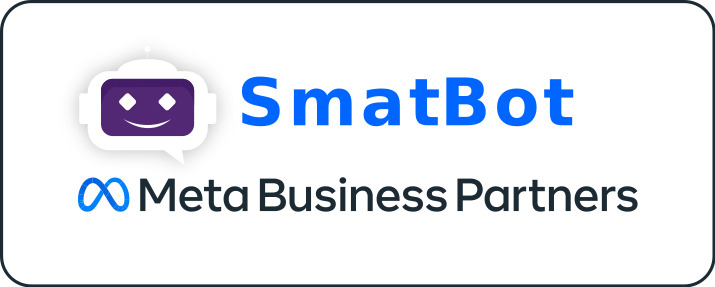
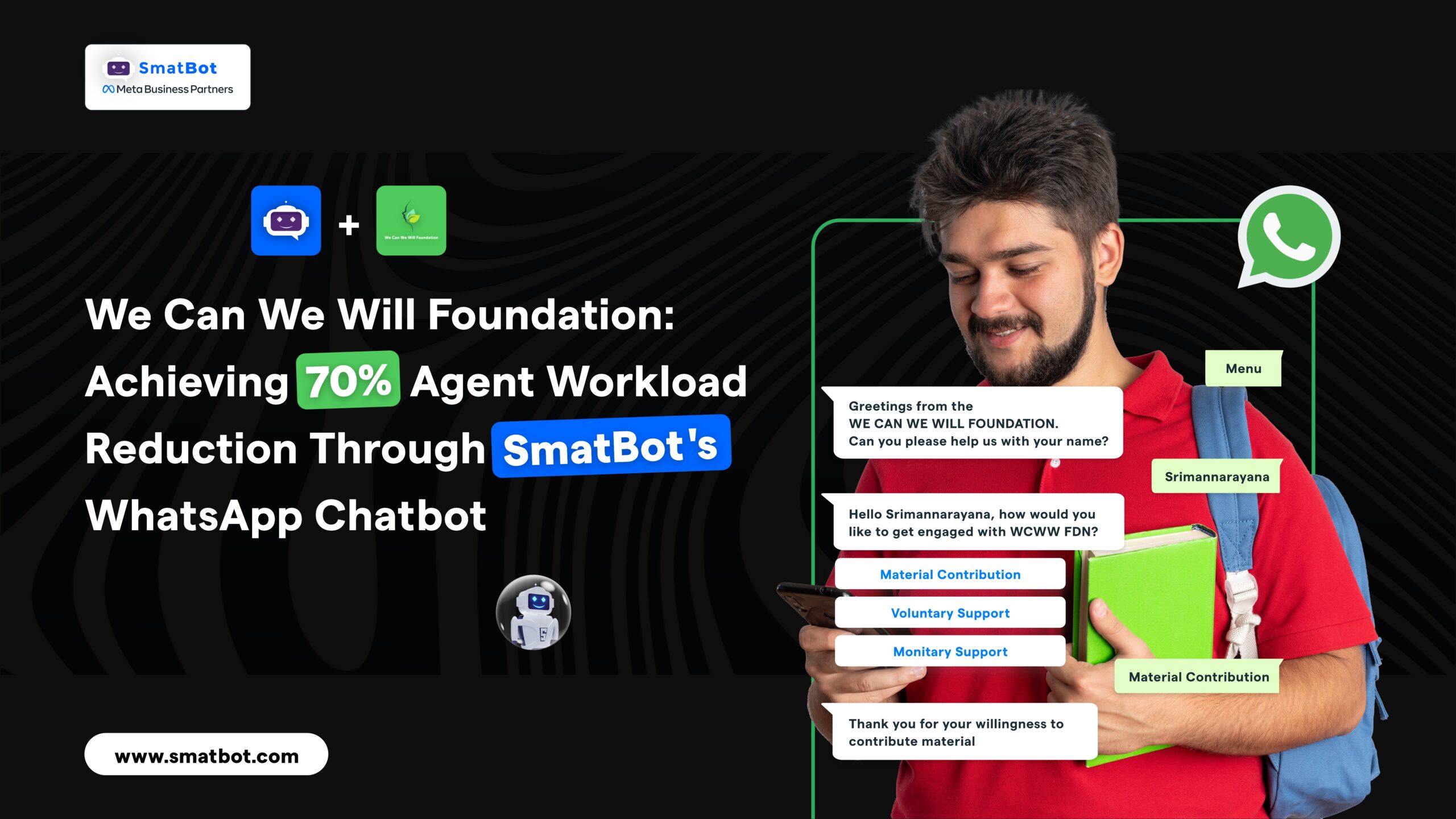
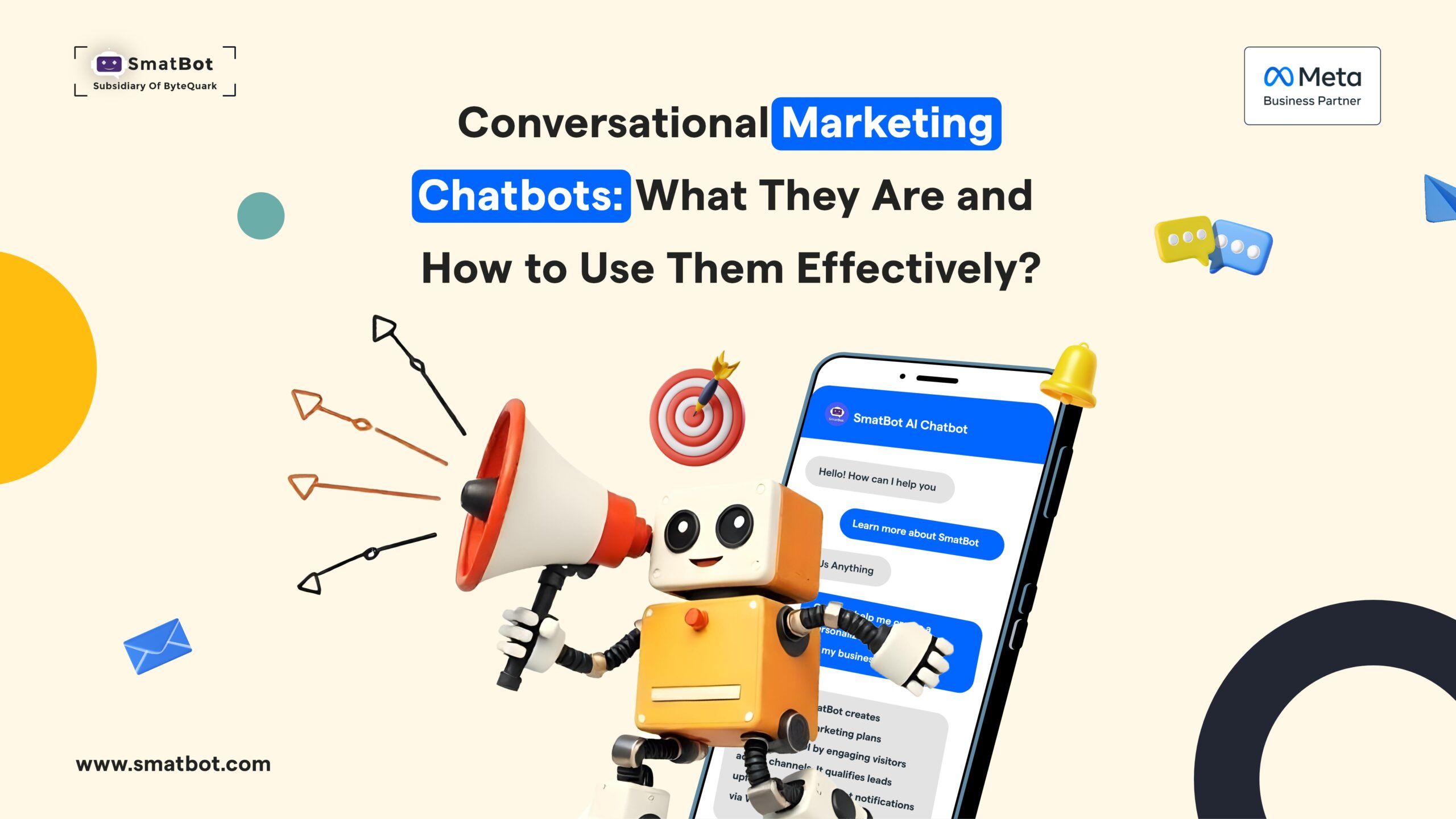
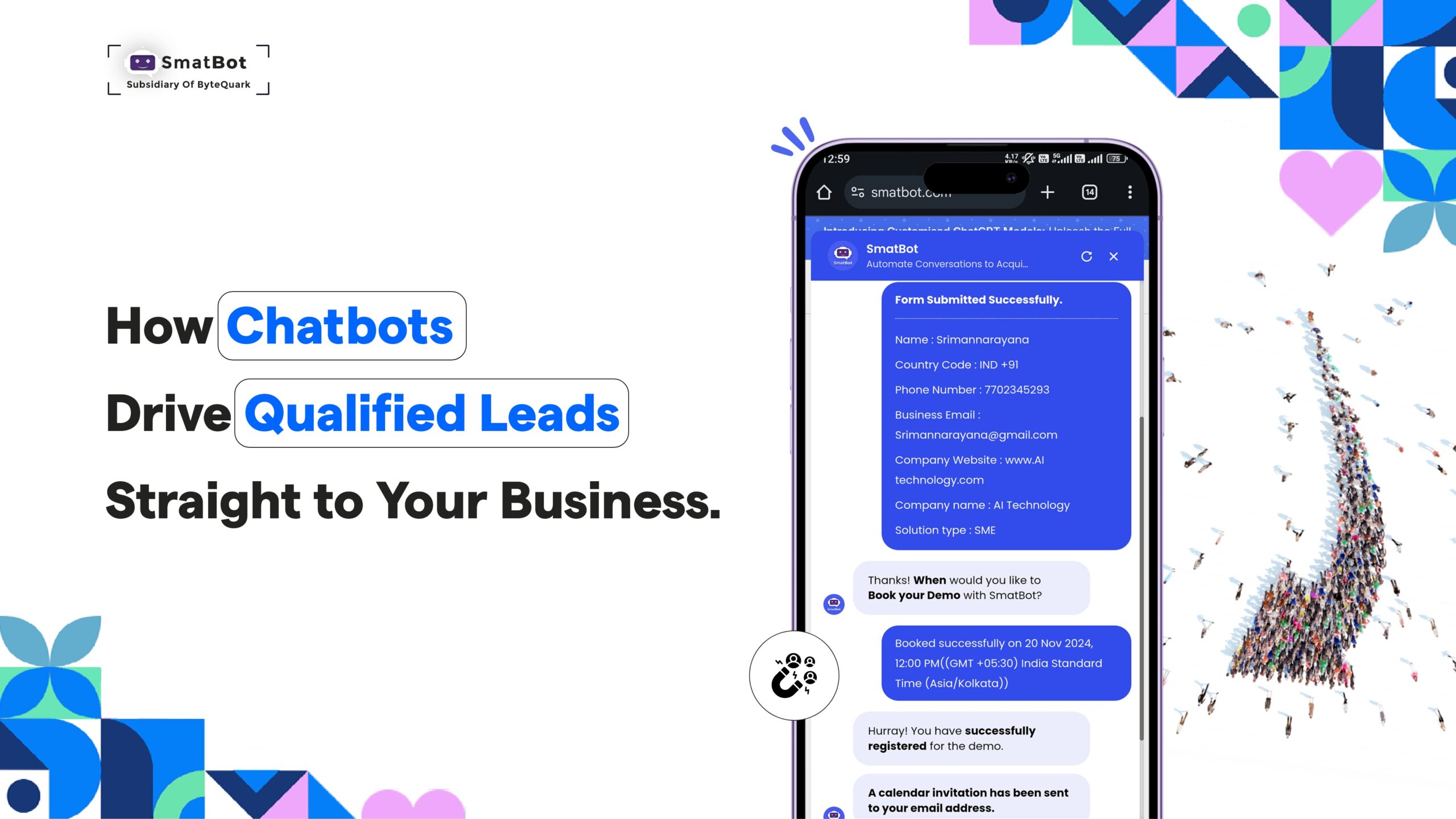
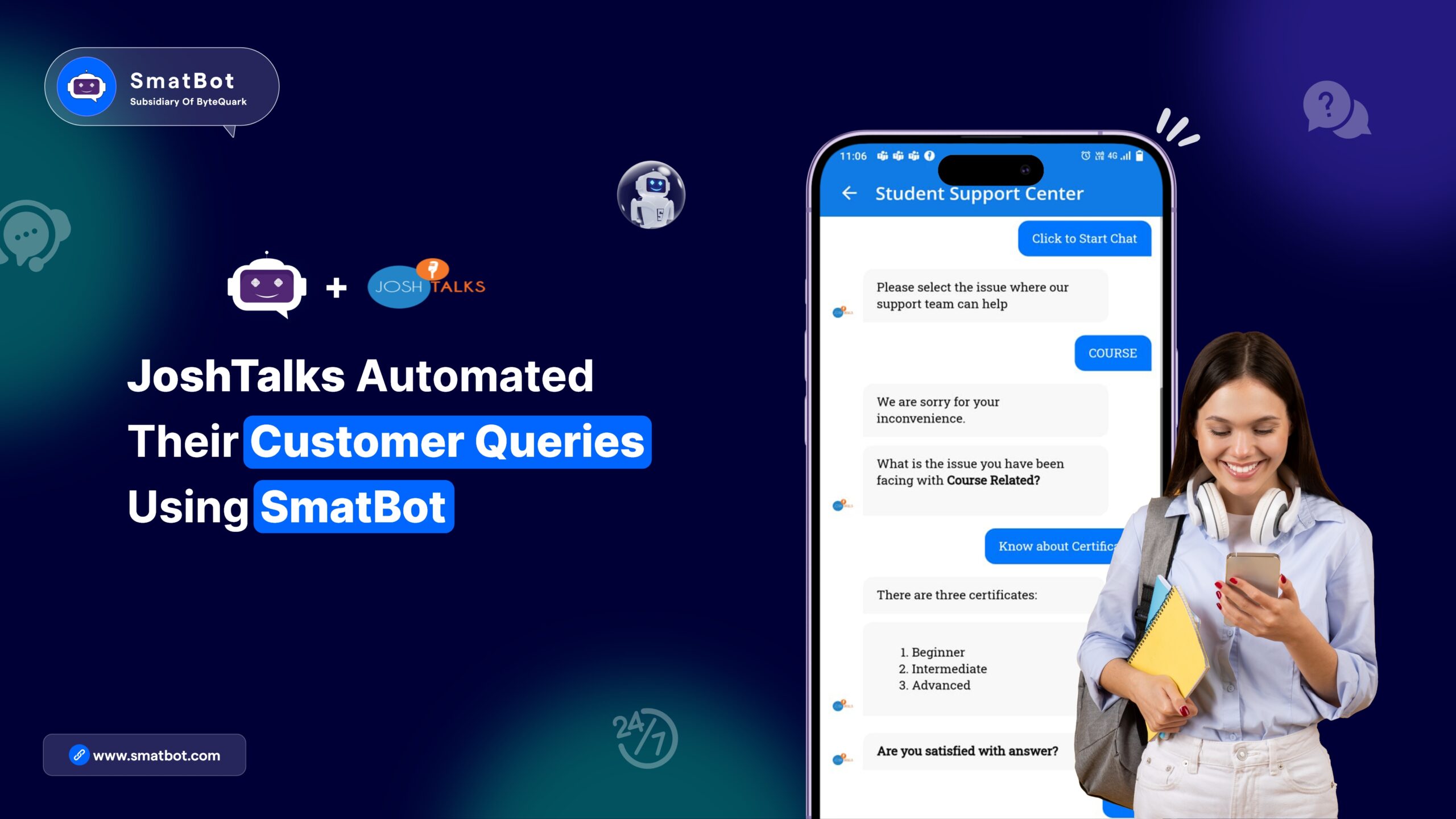
2 Comments
Wow, this content is absolutely fantastic! I’m blown away by the quality and depth it offers. Keep up the amazing work!
It’s informative, well-explained, and incredibly useful. I appreciate the effort put into creating such valuable content. Kudos to the team behind it!